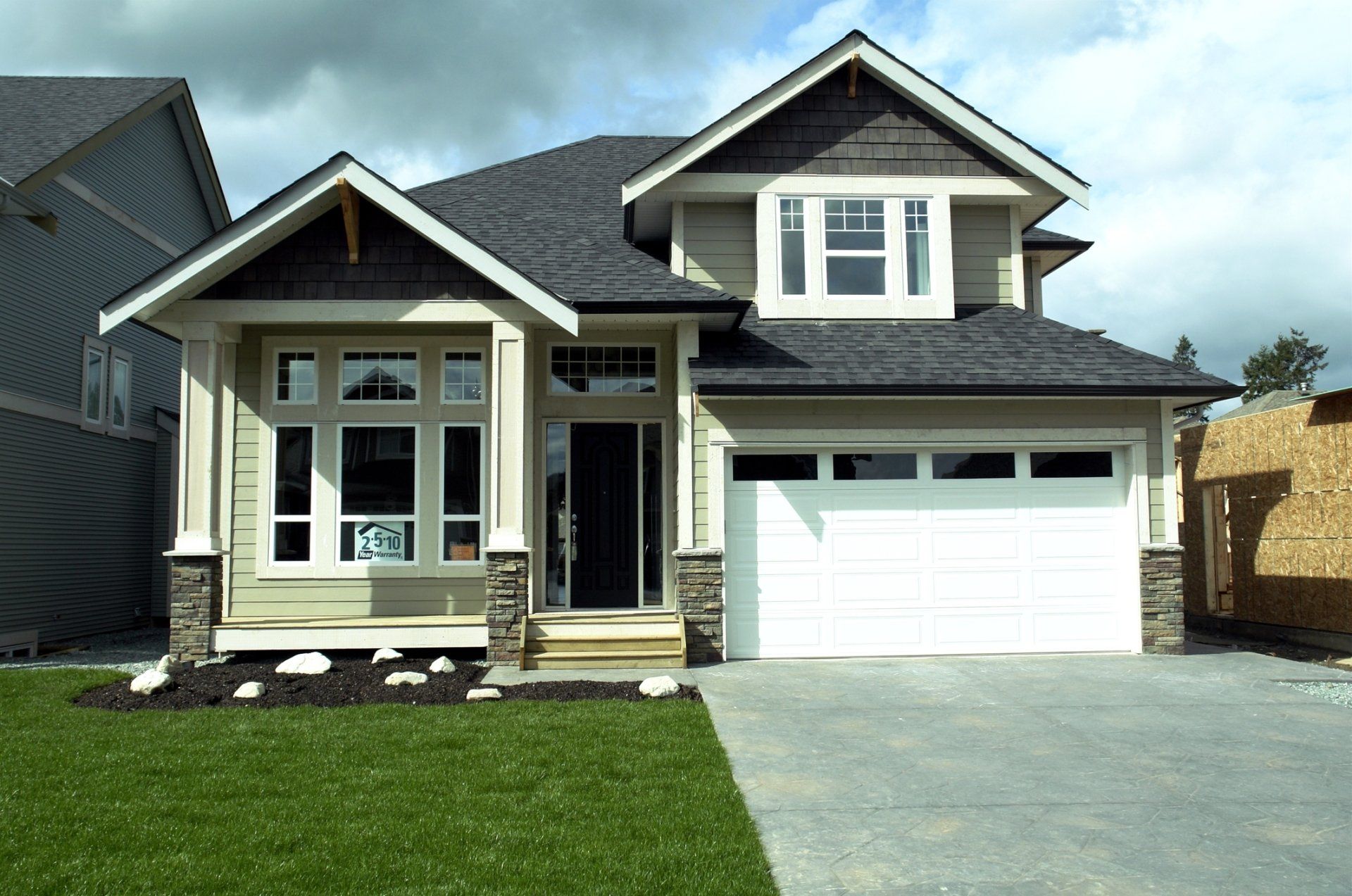What Seniors Should Know About Getting a Reverse Mortgage
- By Multifuse Team
- •
- 28 May, 2021
- •
Reverse mortgages provide a new way to think about your future finances. Many banks and loan companies might try to convince you to invest in one, but you shouldn’t do it without fully understanding what a reverse mortgage is. That being said, reverse mortgages can be a great option for elderly people.
Understand the Pros and Cons
Reverse mortgages are one of the costliest ways to build your credit. Aside from paying the origination fees, closing costs, and insurance bills, you have a lot of freedom in the way you decide to pay for your mortgage. Some people choose to pay mortgage fees anyway, making your loan decrease over time, while your house equity and value go higher. This leaves your posterity with a valuable home they can cover later on.
There are negatives as well. The basics of reverse mortgages are confusing and different from most other financial decisions, making it harder to understand what you are agreeing on. Not paying the loan at all may leave your family with a lot of house debt they must take care of. In short, reverse mortgages are not for everyone.
Avoid Excessive Fees
Again, some companies might try to take advantage of the complexity of reverse mortgages. Predatory loans have higher fees than more reputable lenders. If a company is encouraging you to do a reverse mortgage, you might want to check out their reviews as a business before making the crucial decision.
While you certainly can avoid paying monthly fees when you have a reverse mortgage, it increases the interest your family will have to pay later. This may not affect you, but it can certainly hurt your family’s financial standing.
It’s Great if You Stay
Taking part in a reverse mortgage can be an excellent mortgage if you plan on staying in the home permanently. However, this may not take into consideration how healthy you and your spouse are. Many elderly people have to move out of their residence and go to a group home where they obtain frequent care from medical professionals.
If you end up having a serious falter in health, you will be left paying significantly more for the home than you would previously. For some, this is a risk they aren’t willing to take. Normal mortgage payments might be a better option instead.
Reverse mortgages definitely have their fans—and for good reason. Not having to make monthly payments sounds like a dream. But you need to acknowledge the counterpoints and stay informed on the process. Otherwise, you may hurt your wallet or your family’s budget.
Read this next: Do I Really Need a Mortgage Broker When Buying a House?











